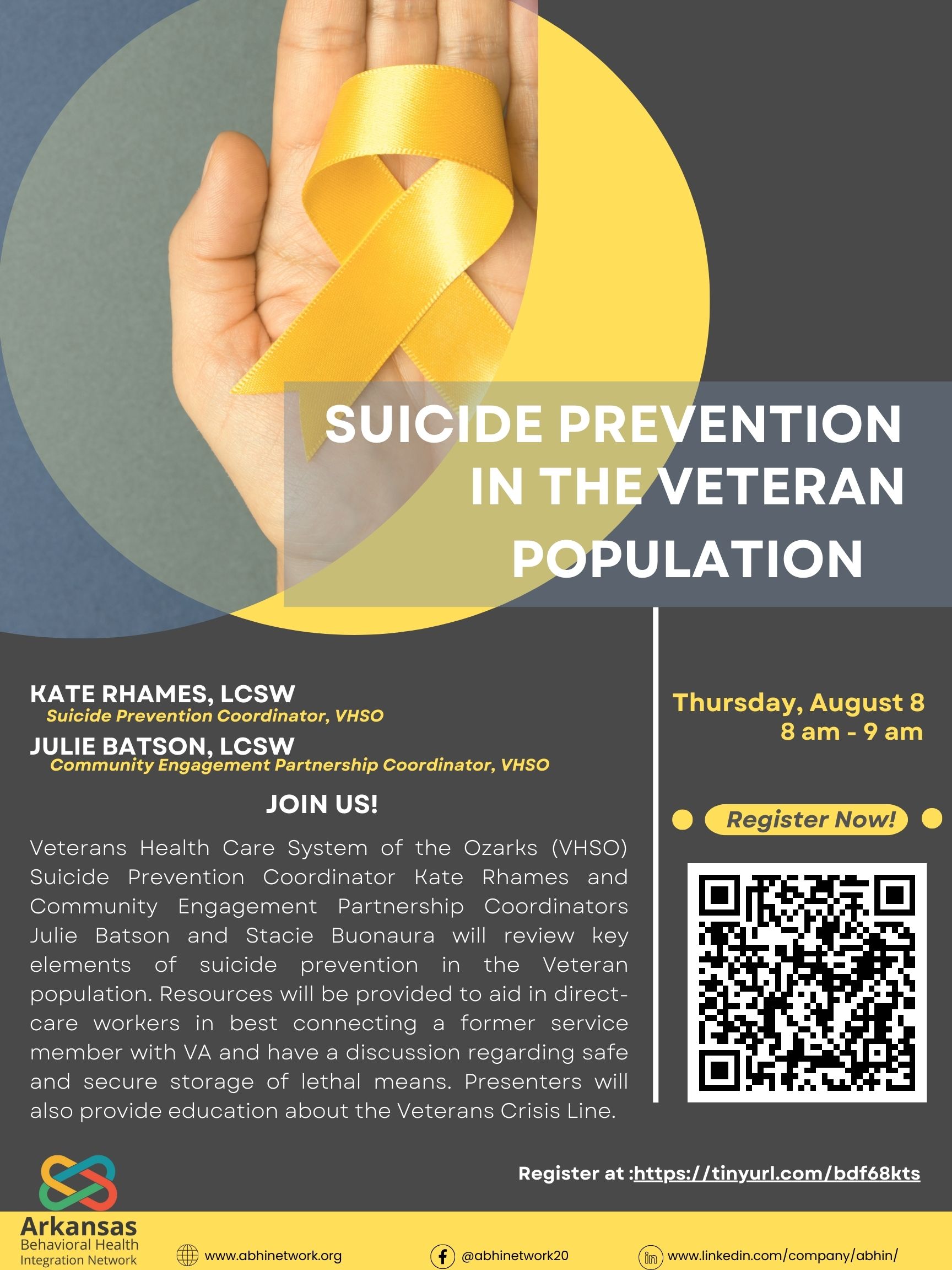ABHIN
Collaborative Care (CoCM) – Clinical and Financial Opportunities for Healthcare Organizations and Providers
This webinar offers primary care providers an introduction to Collaborative Care education and the Collaborative Care model (an evidence-based model to identify and treat patients with depression and anxiety in primary care). In over 80 randomized controlled trials, Collaborative Care was found to be more effective than care as usual in primary care settings. Collaborative Care has also been established as a more cost-effective way to manage treatment in primary care. Participants will learn about the patient-centered and evidence-based care practices of Collaborative Care treatment.
CoCM and the Oak Street Model
Dr. Hunt will present on the implementation of the Collaborative Care model across 186 Oak Street Health (OSH) primary care centers in 25 states and the benefits of having an up-front capitated, full-risk model for primary care. In addition, he will discuss recent work at OSH in reaction to the results of the SPIRIT study--tackling more severe presentations, including Bipolar Disorder and PTSD, through the Collaborative Care Model.
Collaborative Care: Lessons Learned and Future Directions
The AIMS Center at the University of Washington is a group dedicated to improving the health of populations by advancing the research and implementation of Collaborative Care (CoCM). Drawing from AIMS Center’s nearly 20 years of experience assisting diverse healthcare systems implement Collaborative Care for a variety of patient populations and conditions we will highlight lessons learned and look ahead to emerging areas for Collaborative Care.
Suicide Prevention in the Veteran Population
Veterans Health Care System of the Ozarks (VHSO) Suicide Prevention Coordinator Kate Rhames and Community Engagement Partnership Coordinators Julie Batson and Stacie Buonaura will review key elements of suicide prevention in the Veteran population. Resources will be provided to aid in direct care workers in best connecting a former service member with VA and have a discussion regarding safe and secure storage of lethal means. Presenters will also provide education about the Veterans Crisis Line.
Clinical Pathways in Collaborative Care Management
This presentation will focus on the role of clinical pathways in implementing and growing a Collaborative Care Management (CoCM) program. Developing Clinical Pathways in CoCM allows primary care practices to better manage a population of patients with behavioral health diagnoses and offers a system to identify patients, treat patients, monitor symptoms, adjust treatment as needed, and track outcomes. Participants will leave the session understanding how to create, utilize, and optimize clinical pathways in their practice.






